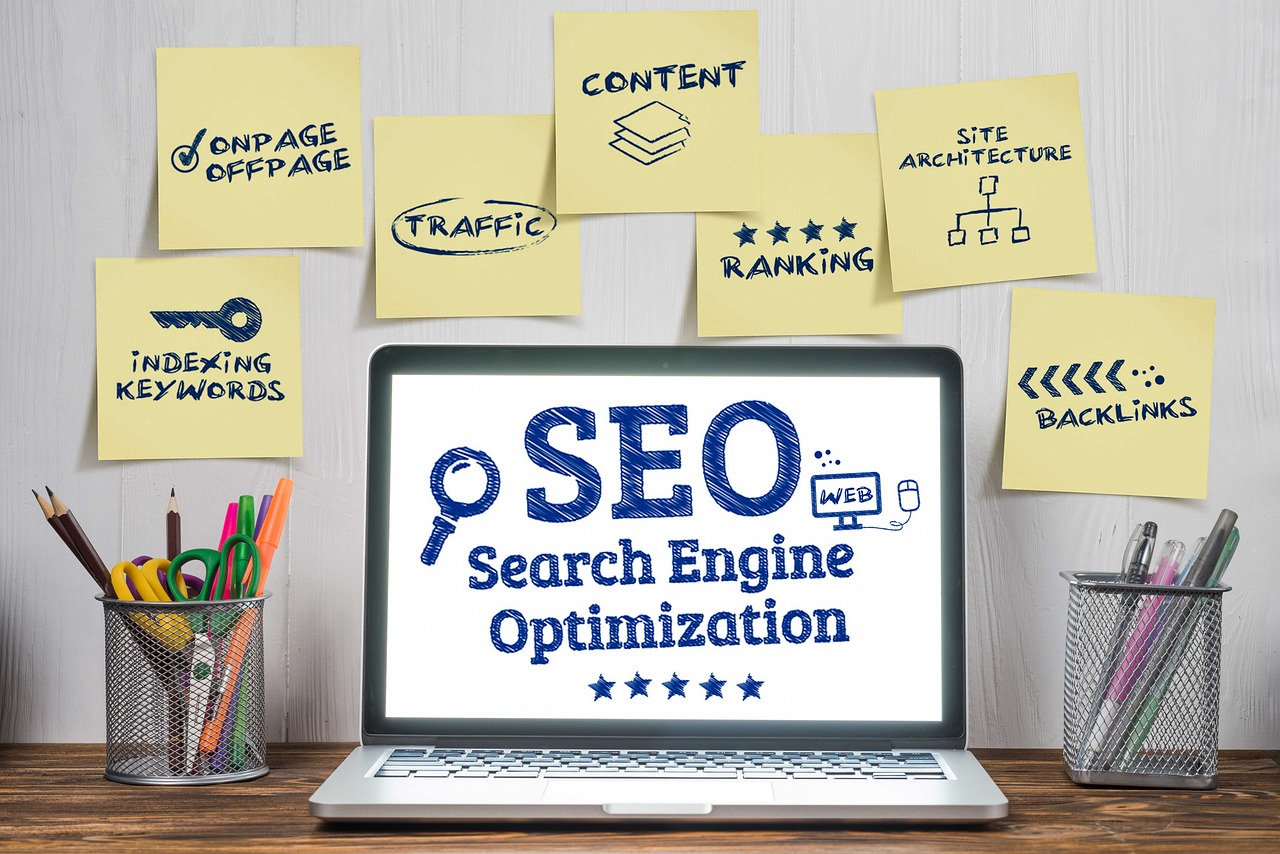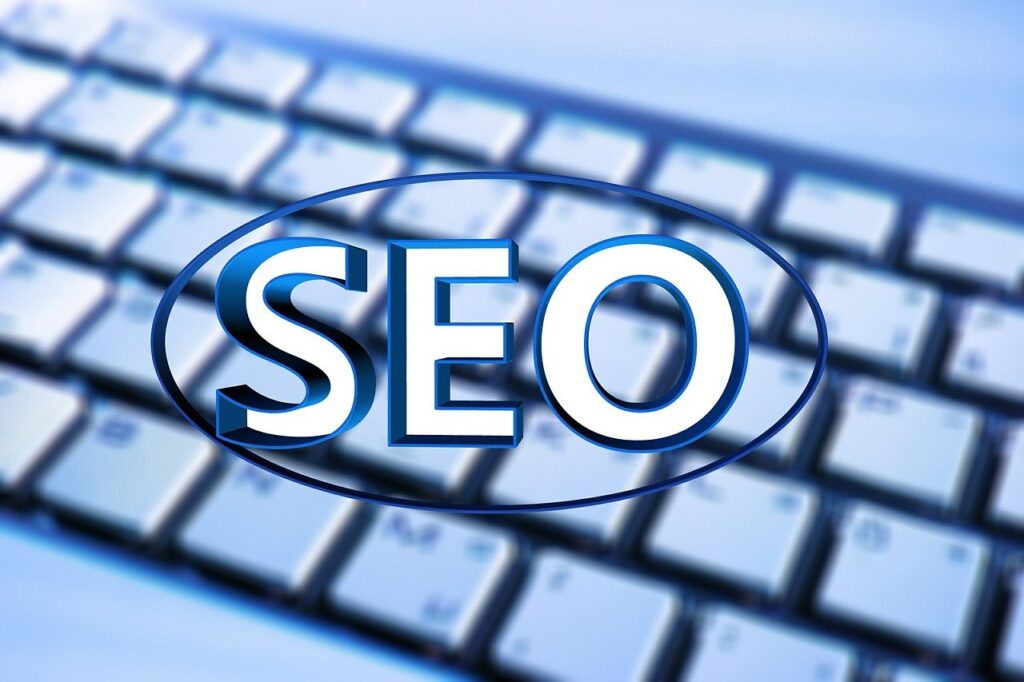On-Page Optimization
On-page optimization is a crucial aspect of search engine optimization (SEO) that involves optimizing individual web pages to rank higher in search engines and gain more traffic. It focuses on improving the content and structure of a website, making it easier for search engines to crawl and understand the content.

Why is On-Page Optimization Required?
On-page optimization is required because it helps search engines understand the relevance and importance of a website’s content. Without proper on-page optimization, a website may not rank well in search engine results pages (SERPs) for relevant keywords. As a result, it may not attract the desired traffic, which could ultimately affect the website’s business goals.
Steps for On-Page Optimization for a Beginner
Here are some on-page optimization techniques that beginners can use to improve their website’s ranking:
Use Relevant and Targeted Keywords:
Use targeted and relevant keywords in the title, URL, meta description, headings, and content of your web pages.
What is keyword?
- In the context of SEO, a keyword is a word or phrase that a user types into a search engine to find information on a particular topic. Keywords are important because they help search engines understand the content of a web page and determine its relevance to a user’s search query.
- When optimizing a web page for SEO, it is essential to identify the relevant keywords for that page and strategically place them throughout the content, including the title, meta description, headings, and body text. This helps search engines understand the content of the page and rank it for relevant search queries.
- Keyword research is an important part of SEO and involves identifying the words and phrases that people use to search for information related to a specific topic or industry. By understanding the keywords that people use to search for information, businesses can optimize their website and create content that is more likely to be found by their target audience.
Optimize the Page Title and Meta Description:
Write a unique and compelling page title and meta description that accurately describes the page’s content.
Use Heading Tags Properly:
Use the heading tags (H1, H2, H3) to organize your content and provide a clear structure to the search engines.
Optimize Images:
Optimize images by adding alt tags and compressing the file size to reduce the page loading time.
Improve Page Loading Speed:
Improve the page loading speed by optimizing the images, reducing the number of plugins, and enabling browser caching.
Use Internal Linking:
Use internal linking to help search engines understand the relationship between different pages on your website.
Create Quality Content:
Create high-quality, engaging, and unique content that provides value to your target audience.

What if you don’t do On Page SEO and just keep on writing articles
- If you don’t do on-page SEO, your website may not rank well in search engine results pages (SERPs) for relevant keywords. As a result, you may miss out on potential traffic, leads, and revenue that could have been generated from organic search.
- On-page SEO helps search engines understand the relevance and importance of a website’s content. By optimizing your website’s content and structure, you make it easier for search engines to crawl and index your website. This, in turn, helps your website rank higher in search engine results pages for relevant keywords, leading to increased visibility and traffic to your website.
- Ignoring on-page SEO can also result in poor user experience for your visitors. Without proper optimization, your website may load slowly, have a confusing structure, and lack engaging and valuable content. Visitors may leave your website quickly, resulting in high bounce rates, low engagement, and a negative impact on your website’s reputation.
In summary, neglecting on-page SEO can result in missed opportunities for traffic, leads, and revenue, as well as a poor user experience for your visitors. Therefore, it is important to implement on-page optimization techniques to ensure that your website is easily understood and ranked by search engines, as well as engaging and valuable for your visitors.
Is On-Page Optimization Required for WordPress Website and Blogger.com Blog?
Yes, on-page optimization is required for all types of websites, including WordPress websites and Blogger.com blogs. WordPress websites and Blogger.com blogs can benefit from on-page optimization techniques to improve their ranking and attract more traffic.
In conclusion, on-page optimization is a critical aspect of SEO that helps websites rank higher in search engine results pages. By following the above on-page optimization techniques, beginners can improve their website’s ranking and attract more traffic to their website.